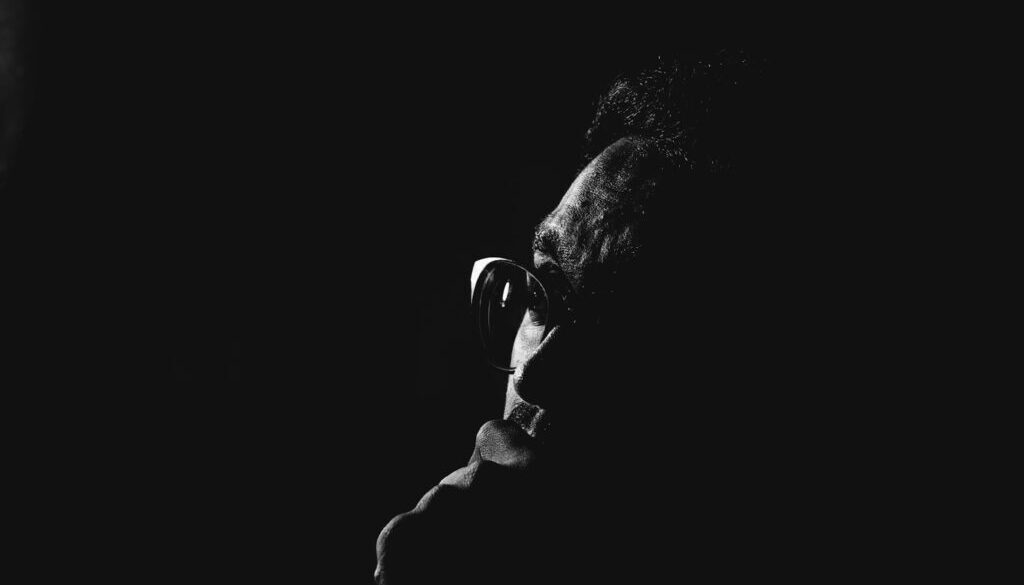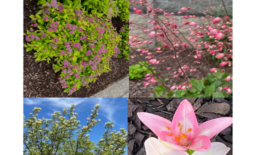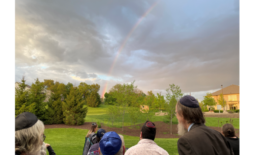God is Everywhere, Even the God You Don’t Believe In
This sermon is the first part of an Elul sermon series on spirituality and the High Holidays and may speak to readers as we wrestle with the big questions in life and regathering as a community.
Elul Sermon: God is Everywhere, Even the God You Don’t Believe In
I secretly delight in using the pulpit as a confession booth. I mean, I am being facetious, but hear me out. (And no, I have never been in a confession booth, except to snoop around churches while growing up in Catholic Spain). What I mean is that being a congregational rabbi pushes me to grow spiritually, to challenge my own patterns of thought and to take risks in leadership. Being a spiritual leader means that just as I teach the congregation, the congregation teaches me. As the Talmud states: ‘I have learned much from my teachers; more from my colleagues and most of all from my students.’
This is my confession: I like thinking and talking about God. And I love God. It sounds paradoxical and strange for a rabbi to admit to this; firstly, isn’t that part of a rabbi’s job description? Secondly, even though it’s what rabbis do, it is also true that a lot of people are viscerally uncomfortable with talking about God.
Monotheism has historically had ‘mixed reviews’. There is no denying that those of us who claim to be monotheists have to take responsibility for the abusive, toxic elements of monotheism, especially if these are perpetuated in our own faith communities. Growing up in a secular culture, I felt people’s innate resistance to religion and I had to learn to be nimble. ‘I don’t believe in God!’, was a common turn-of-phrase, to which I responded with the rabbinic classic: ‘the God you don’t believe in, I don’t believe in either.’
This is only the beginning of a process of inquiry. If we reject a certain image of God (patriarchal, domineering, interventionist, judgmental), then what do we replace that image with? There are lots of options:
One, we can opt out theological inquiry altogether.
Two, we can leverage the sophistication of agnostic or atheist philosophy is a countervailing measure.
Or, three, we could build up a newer, compelling theology that speaks deeply to today’s world.
Thinking or talking about God is intimidating; it’s not an easy process to start. Still, I would argue that developing theological literacy in today’s world is absolutely crucial – even, or especially – for the secularists, atheists and agnostics among us.
Whether we like it or not, we are sitting on the shifting plate tectonics of a culture that is acting and reacting on religious premises. On the one hand, the United States is one of the most religious countries in the industrialized world. On the other hand, secularism is sweeping across the United States like a tsunami and is shaping the attitudes of the younger generations. Out of the tremors of these developments, we see culture wars, calls to a certain type of theological dominance or even dominion, a turning away from religion and its institutions by thoughtful, values-driven young people and increased societal polarization. Being able to hold ourselves proudly in the marketplace of ideas is imperative for liberal Jews and religious liberals of all persuasions. God is everywhere, even the God you don’t believe in.
Moreover, more parochially, perhaps, we are entering a special Jewish time where God is front and center on the agenda. We are in the Book of Deuteronomy, the most God-centered of the five books of the Torah, and we are now officially in the month of Elul, in the run up to the High Holidays. The High Holiday season a season that people value deeply; it is part of their ‘memory bank’; they feel a fealty to coming to services; they desire to turn inwards and open avenues of contemplation as the seasons turn and they want to experience spiritual intimacy. I, for one, am thrilled about the High Holidays this year and passionately look forward to welcoming back as many people as we can welcome.
The paradox of the High Holiday season is that it is all those things – apples and honey, new clothes, brisket, family memories, beautiful liturgical music and, dare I say it? Long, very long hours in the pews. Many of us know the High Holidays are not just beautiful but also hard. Very hard: triggering, boring, incomprehensible, working with a theological toolkit that feels hopelessly outdated. ‘Avinu Malkeinu?’ God as our Father and King? The machzor assaults us with archaic, patriarchal, vertical images of the Divine which at minimum require surgical precision to unpack and make meaning of. Then there’s the fact that the ritual and liturgy is long and strange. A prayerbook unlike any other used the rest of the year. A God few of us can believe in. Services that are double the length of ordinary services. Obtuse rituals of shofar blowing, standing for long periods of time, fasting, wearing white, prostrating—and even symbolically re-enacting our own death.
How in the world are we meant to make meaning of this?
Of course, rabbis can suggest books, websites, podcasts, articles. But as useful as those resources are, I don’t think access to resources is enough. We can all access Rabbi Google.
What I think is more important is to extend an invitation. An invitation to open the heart; to open doors to feeling safe to explore some of these issues. An invitation to doubt, to wrestle, to walk away from and then come back (or not). An invitation for wonder, for connection. To say: you know what? You are safe to explore your doubts here with us. You’re not the only one. And you’re safe to celebrate your love of God with us. You’re not the only one. (As for me, I can doubt God and love God all at the same time. Religiosity is not binary or a zero sum game.)
What is important for our communities is to create conditions and share instruments to till the soil of our hearts. To be here; a safe and loving presence, a comforting presence and sometimes, when appropriate, a challenging presence that encourages spiritual and emotional growth. We as a community can be all those things and the High Holidays can be all those things.
I imagine a lot of us may feel a bit trepidatious about returning to the synagogue at the High Holidays. It’s hard to pick up rusty habits. We have recalibrated our internal clocks and calendars, reoriented our priorities, which in many cases is healthy. In the long list of things that people contend with, where is the synagogue, Judaism and God? We might feel shy about coming into a space with complex and odd rituals that can make us feel disempowered, or back at square one. We might wrestle with the trajectory of our own lives and the consequences of our own actions. Or we might be downright angry at God and Judaism for the painful and broken world that we live in. The paradox is real; legitimate and none of us need to explain anything about the way we feel in or outside this space.
This is our space. Our communal home. Our heritage. It is okay for us to be here and to question it. Because the God I do believe in (non-patriarchal, non-interventionist, but also gentle, gracious, loving and real—always rooting for the humans, no matter how much we mess up) is waiting for us, on our terms.
Thank God, we have free will, the strength and the curiosity to approach this holy season with an open heart and open mind… to come back together and find blessing in each other and in our beautiful tradition.





